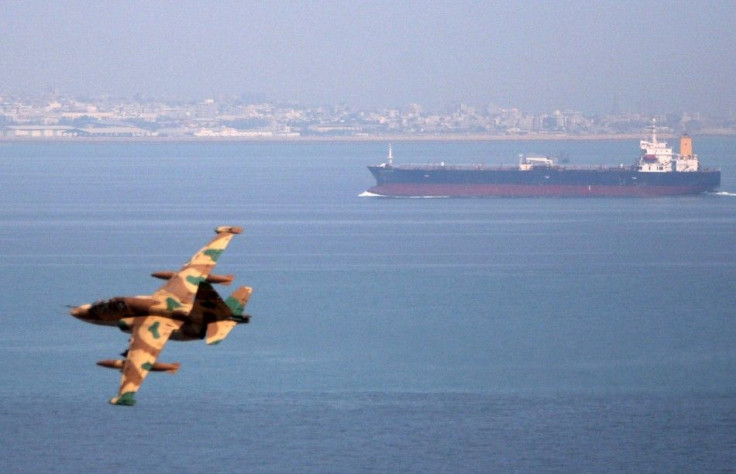Iran Isn't Storing Oil on Tankers in the Persian Gulf Due to Sanctions: Report

Iran has not stored oil on tankers in the Persian Gulf, and its crude exports have not been disrupted due to mounting international pressure over its disputed nuclear program, an oil official told the semiofficial Mehr news agency on Saturday.
On Tuesday, shipping sources told Reuters the volume of Iranian crude oil stored at sea had risen to as much as 8 million barrels and was likely to increase even more as the Islamic Republic struggles with sanctions and a seasonal refinery slowdown.
There has been no disruption in Iran's crude exports through the Persian Gulf ... We have not stored oil in the Gulf because of sanctions as some foreign media reported, Pirouz Mousavi told Mehr.
We do not have even one drop of oil [stored] in the Persian Gulf ... Iran's oil exports are taking place based on the [Organization of the Petroleum Exporting Countries'] policies.
Iran -- OPEC's second-largest oil producer after Saudi Arabia, with output of about 3.5 million barrels per day -- faces trade hurdles over its nuclear program, which the United States and its allies say is aimed at building bombs.
Iran says it needs nuclear technology to generate electricity.
European Union countries have agreed in principle to embargo imports of Iranian crude oil as part of the latest Western efforts to raise the heat on Tehran.
Temporary storage of crude on tankers at sea has been an effective means in recent years for Iran to hold cargoes until sales can be made while not interrupting oil field production.
EU countries have proposed grace periods on existing contracts of one to 12 months to allow companies to find alternative suppliers before implementing an embargo.
Shipping sources said the widening sanctions were likely to deter most international ship owners from engaging in deals in which Iran can hire tankers, compounding its logistic problems.
Iran has threatened to block the vital oil shipping route of the Strait of Hormuz in the Gulf if sanctions are imposed on its oil exports.
(Writing by Mitra Amiri, editing by Jane Baird)
© Copyright Thomson Reuters {{Year}}. All rights reserved.






















